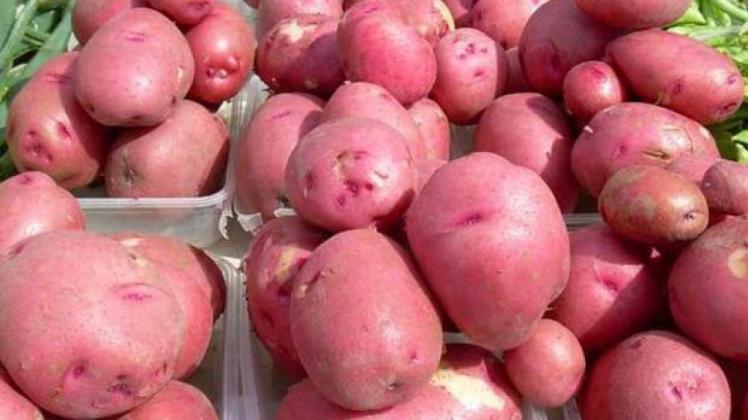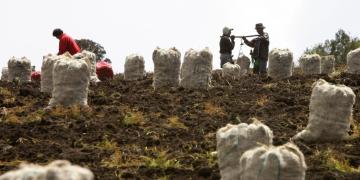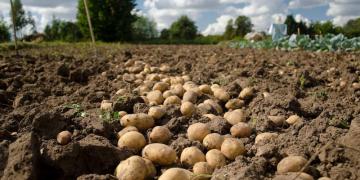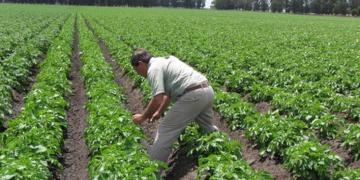EEUU: Idaho processed spud growers take price reduction
Idaho potato growers have inked a deal with processors accepting a slight decrease in payment but requiring processors to contract for at least 90 percent of 2014 acreages with individual farms.

POCATELLO, Idaho — Southern Idaho Potato Cooperative growers have agreed to a contract that slightly reduces spud prices but requires processors to accept at least 90 percent of their 2014 acreages with individual farms.
SIPCO Executive Director Dan Hargraves said contract prices will be down 1 percent for Lamb Weston growers. He said McCain and Simplot growers will take a 1.5 percent decrease to “make up an inequity from the prior crop year.”
Hargraves said SIPCO sought an acreage guarantee based on slower exports of frozen potato products during the West Coast port labor slowdown.
“There were some reductions by all of the big three in Idaho — Lamb Weston, McCain and J.R. Simplot,” Hargraves said, adding that many nonmembers took larger acreage cuts.
Growers approved the contract in mid-March, and processors are now taking it to fields for signing.
A Simplot spokesman declined to comment, and McCain hadn’t commented as of press time.
Lamb Weston issued a statement: “We’re pleased with this year’s negotiations, and appreciate the time and effort that went into reaching a mutually beneficial agreement for the contract year.”
With the latest contract, Hargraves said prices are down 4 percent over two years, or about $120 per acre. Prices vary by region and variety, but Hargraves said Russet Burbanks will still fetch more than $7 per hundredweight.
Hargraves said SIPCO offered this season’s price decrease to all three companies rather than accepting a request from Lamb Weston for price protection, which he said would have set an unwanted precedent. The company essentially sought the right to later reduce prices by no more than 2 percent if contracts in other regions were to come in cheaper.
“We didn’t want that language in our contract, plain and simple,” Hargraves said. “SIPCO doesn’t have any ability outside of Idaho to influence negotiations, so why should our price be subject to that?”
The contract also included new language pertaining to genetically modified organisms, mandating that seed and commercial growers dedicate separate equipment, farm land and storage to GMO spuds, and that they avoid planting conventional potatoes in a field for at least eight years after raising GMOs.
Potato Growers of Washington reached an agreement with processors in November. Executive Director Dale Lathim said his growers accepted the price protection language, described as a “favored nations clause,” and were allowed to roll over last year’s contract rates. If other growing areas agree to lower contracts, Washington’s maximum reduction is capped at 2 percent.
Lathim said Washington growers were also guaranteed 100 percent of their 2014 acreages.
“It’s not something we have to look at often, but this was definitely a year we were concerned about that,” Lathim said.
University of Idaho Extension economist Paul Patterson estimated input costs were down by at least 1.5 percent last year, and he noted processors are under pressure to keep costs down from customers such as Walmart and McDonald’s, which have recently raised employee wages.
Hargraves believes input costs for growers were actually up slightly last season, as growers were forced to add an unexpected late-season treatment for late blight.
Fuente:




